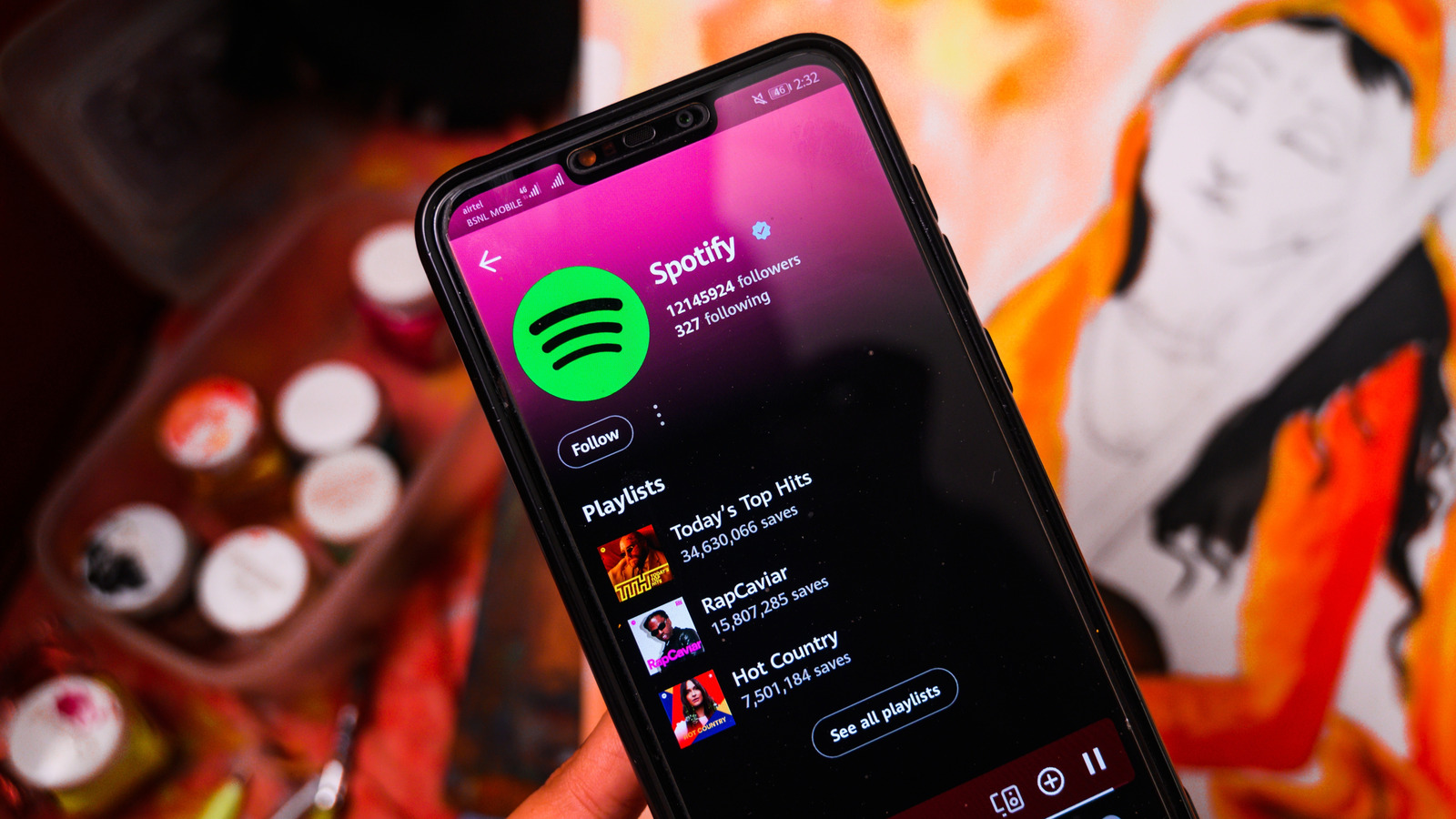Spotify is well aware that AI has been invading its platform. In fact, the company has announced some big plans to help sort through the slop and provide better protection for artists, songwriters, producers, and listeners going forward.
AI has become a prevalent part of our world. As companies like Google and OpenAI continue to release new features and models — like ChatGPT Pulse and Gemini Pro 2.5 — we’re only going to see more and more AI popping up everywhere.
These companies aren’t the only ones diving into making their own models, either. AI services like Suno have also taken off, offering ways to create your own music with a simple AI prompt. Suffice it to say, AI development is moving at a breakneck pace, and many companies are struggling to keep up. That’s why Spotify is looking to find ways to cut down on slop created with AI showing up on its music streaming platform.
How Spotify is combatting AI ‘slop’
In a post on the official Spotify blog, the company wrote: “At its worst, AI can be used by bad actors and content farms to confuse or deceive listeners, push “slop” into the ecosystem, and interfere with authentic artists working to build their careers.” The company continues, noting that “harmful AI content degrades the user experience for listeners and often attempts to divert royalties to bad actors.”
Spotify says it is addressing growing concerns around AI in a few different ways. First, it’s looking into stronger rules surrounding impersonation, implementing a new impersonation policy that better defines how the company handles claims about AI voice clones. Further, Spotify says it will introduce a new music spam filter that helps identify uploaders and the tracks that are gaming the system and using AI in malicious ways. This should hopefully cut down on how much AI-generated content makes it on to the service in the first place.
The blog post also says that Spotify will be requiring artists to responsibly disclose when they’ve used AI in music creation, at least in line with industry-standard credits. That includes helping to develop a new industry standard for AI disclosures in music credits, which is being developed alongside the non-profit organization Digital Data Exchange (DDEX).










